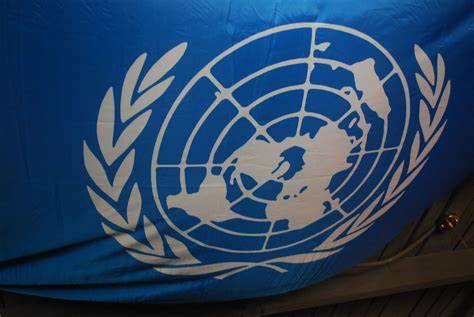
A joint report by the United Nations Development Programme (UNDP) and the Oxford Poverty and Human Development Initiative (OPHI) reveals that over 1.1 billion people globally live in multidimensional poverty, a condition that goes beyond income-based poverty and reflects deprivation in areas like housing, sanitation, electricity, cooking fuel, nutrition, and education. The data was collected from 112 countries, covering a population of 6.3 billion people.
The Multidimensional Poverty Index (MPI)
The MPI, used in the report, assesses poverty by analyzing multiple parameters at the household level. It looks at individuals’ access to basic services and amenities, such as clean water, schooling, healthcare, and adequate housing. A person is considered multidimensionally poor if they lack basic resources across one-third or more of the measured indicators.
Poverty and Conflict: A Strong Correlation
The report emphasizes the devastating impact of conflict on poverty rates. It found that in conflict-affected countries, poverty rates are three times higher than in stable regions. In 2023, the world witnessed the largest number of conflicts since World War II, further exacerbating poverty levels. According to Yanchun Zhang, chief statistician at the UNDP, people living in conflict zones face greater struggles in meeting basic needs. The report indicates that 455 million people living in poverty are from conflict-affected areas, underscoring how war and violence can trap communities in extreme hardship.
Children Disproportionately Affected
Children are hit hardest by poverty, making up nearly half of those affected. The report found that 584 million children under the age of 18 live in multidimensional poverty, representing 27.9% of children worldwide. In comparison, only 13.5% of adults live in similarly impoverished conditions, highlighting the significant vulnerability of children. These numbers reflect both a lack of access to essential services and how deeply poverty impacts young populations.
Regional Disparities: Sub-Saharan Africa and South Asia
The report also draws attention to the geographical concentration of poverty. Sub-Saharan Africa and South Asia are home to 83.2% of the world’s poor, with fragile economies and limited access to basic services perpetuating poverty cycles. Sabina Alkire, director of OPHI, expressed alarm at the scale of deprivation and the fear experienced by 455 million people who live in conflict zones without access to basic needs.
India: Epicenter of Global Poverty
India ranks as the country with the largest population of people living in multidimensional poverty, with 234 million affected individuals. Despite its status as one of the world’s fastest-growing economies, many in India still lack access to adequate food, housing, sanitation, and education. The report highlights that India, along with Pakistan, Ethiopia, Nigeria, and the Democratic Republic of the Congo, accounts for nearly half of the global population living in extreme poverty.

Conclusion
The report sheds light on the intersection of poverty, conflict, and inequality, urging global leaders to address these challenges. It emphasizes the need for targeted interventions in conflict zones and for countries to invest in improving access to healthcare, education, and infrastructure to break the cycle of poverty. The findings underscore the importance of focusing on both children and vulnerable regions, as their future well-being is essential for sustainable development. Addressing multidimensional poverty requires not only economic growth but also coordinated efforts to ensure that basic needs are met across all sectors of society.
